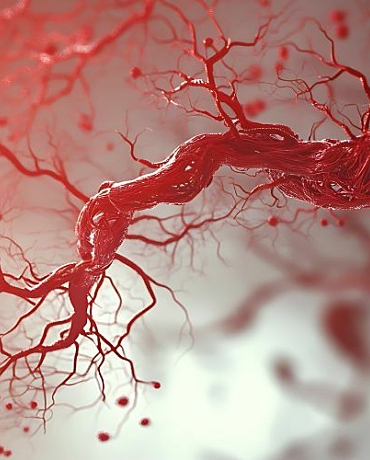You – or more accurately, your brain – has control over how allergic your skin is, suggests new research.
A team of neuroscientists have found that if someone has a lesser sense of ownership over a part of their body, their immune system also responds differently to that body part, treating it as ‘non-self’ rather than ‘self’.
These findings have direct implications for understanding autoimmune disorders such as multiple sclerosis and a range of neurological and psychiatric conditions characterised by a disrupted sense of ownership over one’s body, such as stroke, schizophrenia, autism, epilepsy, neuropathic pain, anorexia nervosa and bulimia.
In two different experiments, Prof Lorimer Moseley and his team from Neuroscience Research Australia and the University of South Australia delivered histamine – the chemical the body produces when it is having an allergic reaction – to the arms of healthy volunteers while they were under the illusion that their real arm had been replaced by a rubber one.
They compared the size of the allergic response on the arm that had been ‘replaced’ to the response on the other arm, and also to the response on both arms during a control condition that had no illusion.
They found that during the illusion, the response to histamine was bigger on the arm that had been replaced by the rubber one.
“This remarkable effect of a histamine response confined to one arm and dependent on the illusion might be a kind of neglect involving the immune system,” says Prof Moseley.
The finding builds on another discovery by Prof Moseley’s team that the rubber hand illusion induces a small drop in blood flow and therefore skin temperature in to the real, ‘disowned’ hand.
“Such a finding is particularly relevant to the immune system because a primary role of the immune system is to discriminate self from non-self,” says Prof Moseley.
“In this instance, the innate immune system is being up regulated in a manner consistent with rejection of the replaced hand.”
“These findings strengthen the argument that the brain exerts some kind of control over specific body parts according to how strongly we own them,” he says.
The paper was published in Current Biology.



